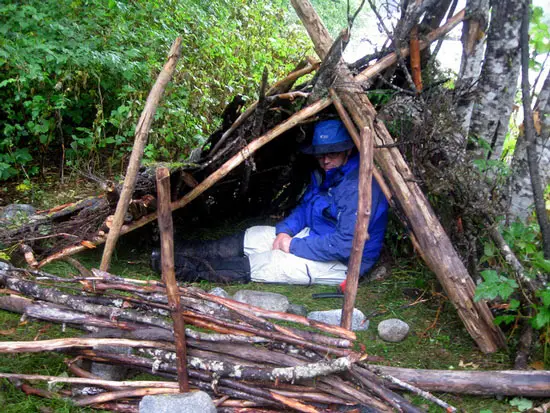
Last week I took the Wilderness Survival Course with the Canada West Mountain School.
You will spend one evening learning about pre-trip planning, hazard recognition and avoidance, emergency kits, survival psychology and navigation skills. An overnight field session will allow you to truly experience a night out in the local mountains with minimum survival gear.
It’s a course I’ve wanted to take for a few years now to get some better backcountry experience and a basic knowledge of some survival skills for a worst case-scenario.
The first session was a 3 hour classroom session where we reviewed the basics of the equipment you should have on you while in the backcountry, the pros and cons of different types of equipment, and what to have in an emergency kit. We also covered some basics on bear safety and the like.
Hiking in Golden Ears
On Saturday morning the real fun began. For our trip we were hiking up the East Canyon Trail in Golden Ears. We met up at Tim Horton’s and moved as a group the trail head. We did a trip overview before beginning our journey, 10km to our campsite. We had a fairly large group of about 10. But there was a 8 year Search and Rescue vet in our group and also a Capilano University student doing his practicum with Canada West. I was lucky, because the experience of these two people made it so we basically had 3 guides. The group was great. Everyone was friendly, sociable, and not complaining about the steady rain that was falling on us. As we trekked towards our campsite, we would stop and discus various things such as hazards, using landmarks for navigation, and so on. The ‘lessons’ were very informal, which was great, because as we came upon different situations the guide would offer some great advice, and others would offer any related tips on the subject they might have based on their own experience. The learning this way felt really broken up into little nuggets over the weekend, instead of a classroom type of feeling where you’re listening to someone lecture for 2 hours. I learned so much by listening to not only the guide, but other group members over the 2 day trip I can’t possibly hope to ever remember everything.
Setting up Shelter
After reaching camp we set to building our tarp shelters as our gear was getting pretty soaked by this point. We learned the basic knots we would need and were given pointers on choosing a location to set up shop and on the types of shelter that could be built. I found a nice soft mossy area as I didn’t have a sleeping pad with me. The end result was a pretty slick shelter where I would spend the night:
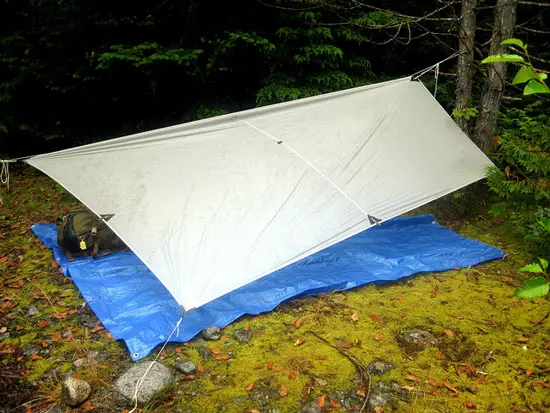
After the tarps were built, we grabbed dinner near the creek before talking about water (how to find, clean, etc). Then we set out to find a good spot for our food cache. After getting our food up and out of harm’s way, we talked about various wilderness survival tips and tricks before settling around the ‘campfire’ for the night. Even though it was raining, there was a fire ban in the park so our fire consisted of a tea light candle in pit. Which was better than nothing I guess, as the group actually gathered around for a few hours sharing various outdoor/ wildlife encounter/ scary/ and ghost stories until about 10 or 11pm.
Then came the task of sleeping in my shelter. It was weird not sleeping in tent. It was actually fun sleeping open air under the tent except for the hoards of moquitos that swarmed my face for the entire night (it was not one of the best sleeps I’ve ever had). But my tarp did the job and I was completely dry throughout the rainy night.
Day Two
The next morning it was breakfast, then lessons on fire-building and making a tarp stretcher. We finished things off by building a lean-to which turned out to be a pretty comfortable and sturdy make-shift shelter (top photo). Then we packed out back to the parking lot.
The learning was very non-structured which was great. The guide did a great job of going with the flow of the group and imparting his wisdom here and there as it fit into the situation. He also kept things interesting by telling stories of his days as a guide for a youth corrections program.
Overall, it was a great program and I’m glad I signed up. The only downside was that we didn’t have time to cover map and compass basics, but the cloudy weather wasn’t ideal for that anyways. I’ll likely be signing up for the winter camping version of this course down the road.
I’m now looking forward to using the skills I acquired during my future trips. For example, if I sleep under a tarp, I can save lots of space and weight in my pack, which is great. I felt, for a fairly beginner outdoorsman like myself, it was a terrific course. I did ask the search and rescue person if the course was a bit Mickey Mouse for him since he had so much experience, and he said not at all, that there is always an opportunity to learn new things or new ways to do things. So even if you have a good amount of experience, it may be something to look into.
Courses like this are something that become invaluable in the event that you ever get stuck in the backcountry. But even if you never use the skills in a survival situation, you’ll learn things that make hiking more enjoyable. Plus, these courses are just fun!

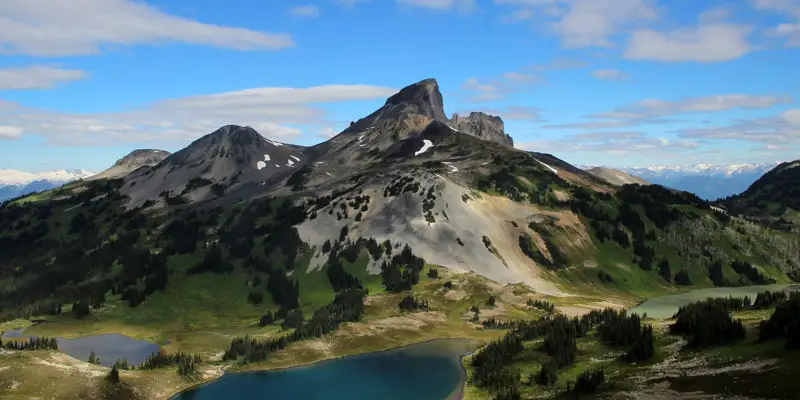
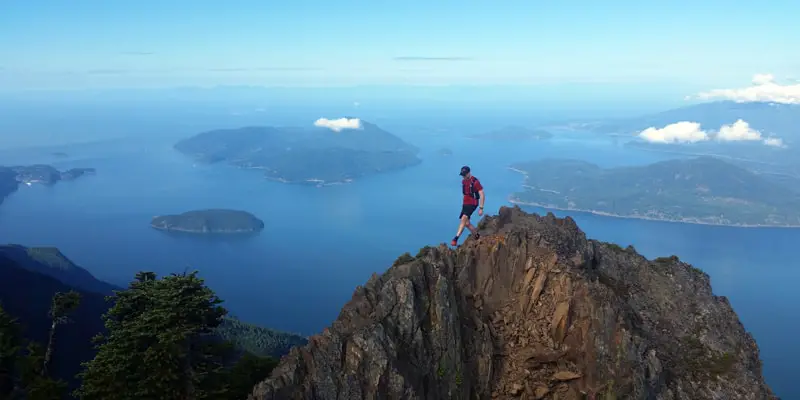
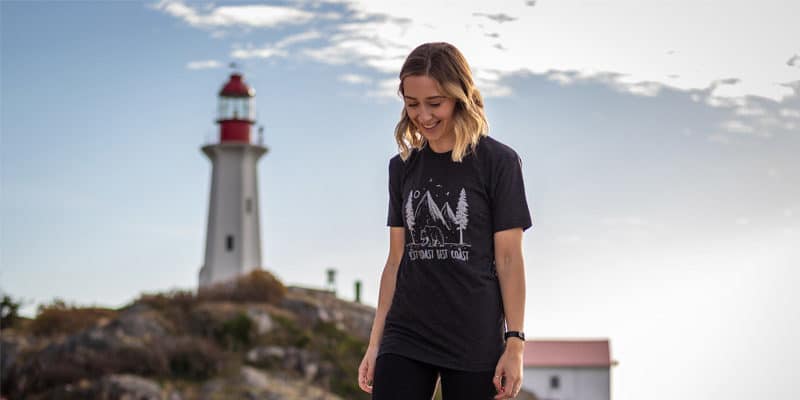
KristL
I’m interested in taking the wilderness survival course. How does one go about signing up?
Karl W
If you want to take the same course I mention in this post you can contact Canada West Mountain School http://www.themountainschool.com/
Karl
Yeah, this course might be a good idea, especially if you’re coming from a different environment. To be honest, having a toddler myself was part of my motivation for taking this course. I really want to take him on backcountry camping trips and its one thing to take risks with your own safety, but when you’re responsible for a little one, its a whole new thing.
Johanne
Hi, thanks so much for sharing your experience with this course. I have quite a bit of backcountry experience myself, but it’s old, unused and from South America — so getting back into things, this time around with my 6-year-old along, I am considering taking a class geared to the local mountains. This sounds like a really great option!